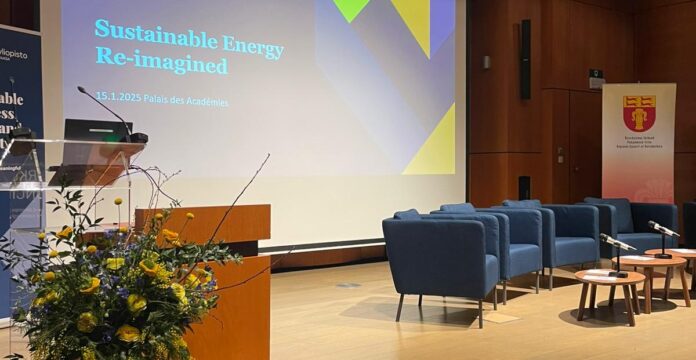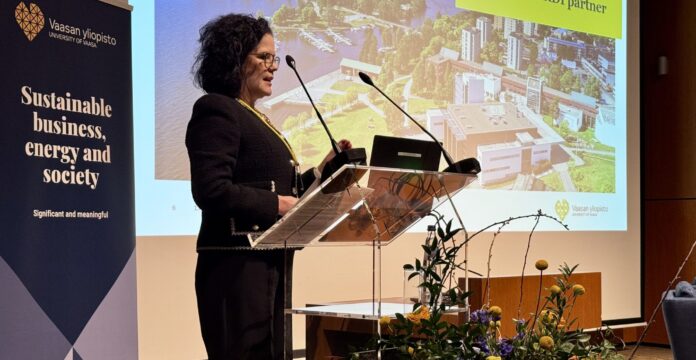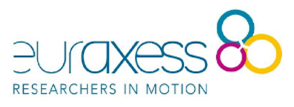As global challenges intensify, research, development, and innovation (RDI) activities in the Global South offer a vital pathway toward a more sustainable and equitable future. A recent article on eSignals highlights how Finnish higher education institutions, including the University of Vaasa, are increasingly engaging in international RDI collaborations that go beyond traditional Western frameworks.
I had the opportunity to contribute to the article as a co-author, drawing from our experiences at the University of Vaasa. Together with our researchers, we’re aiming to build partnerships that are not only academically rigorous but also ethically grounded and locally relevant. It’s been inspiring to see how our collaborative efforts are shaping new ways of thinking about sustainability and innovation.
The article underscores the importance of adopting a pluralistic worldview—one that respects diverse cultural perspectives, knowledge systems, and local agency. This approach is especially critical when working in regions where poverty and inequality are deeply rooted, and where global warming threatens to exacerbate existing vulnerabilities.
Projects like LEAP-RE (EU-AU partnership on renewable energy), Strategic Leadership in Green Business, and ESGinMNC (with PUCP in Peru) exemplify how the University of Vaasa is contributing to global sustainability through collaborative, context-sensitive initiatives. These efforts reflect the university’s 2030 strategy and demonstrate a commitment to ethical reflexivity, mutual learning, and long-term impact.
The article calls on RDI professionals—researchers, educators, and administrators—to move beyond one-size-fits-all models and embrace decolonial perspectives. This means engaging in continuous dialogue with local partners, recognizing indigenous knowledge, and ensuring equitable benefit-sharing.
As we continue to expand our global partnerships, let’s remain mindful of the diverse realities we encounter and strive to co-create solutions that are inclusive, respectful, and transformative.
🔗 Read the full article on eSignals
Author: Malin Wikstedt





